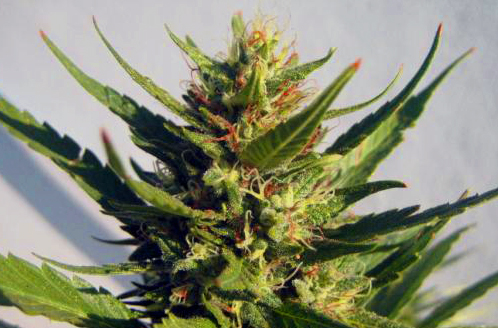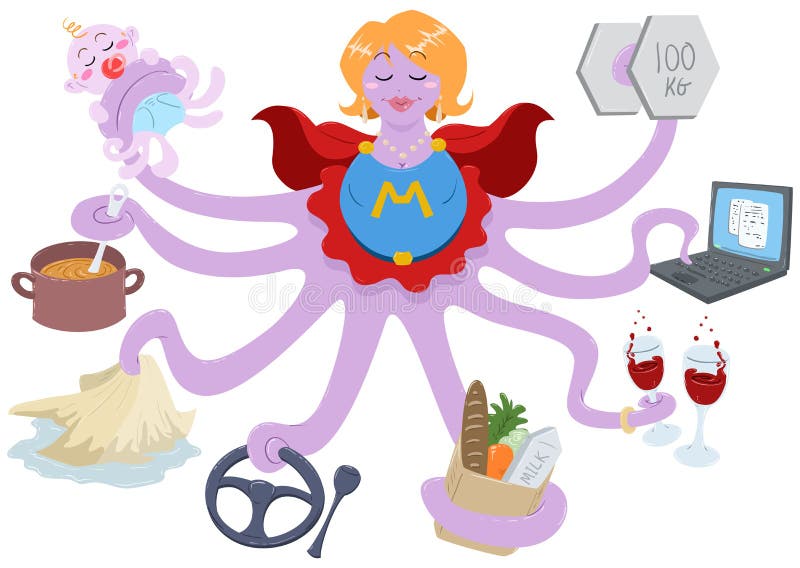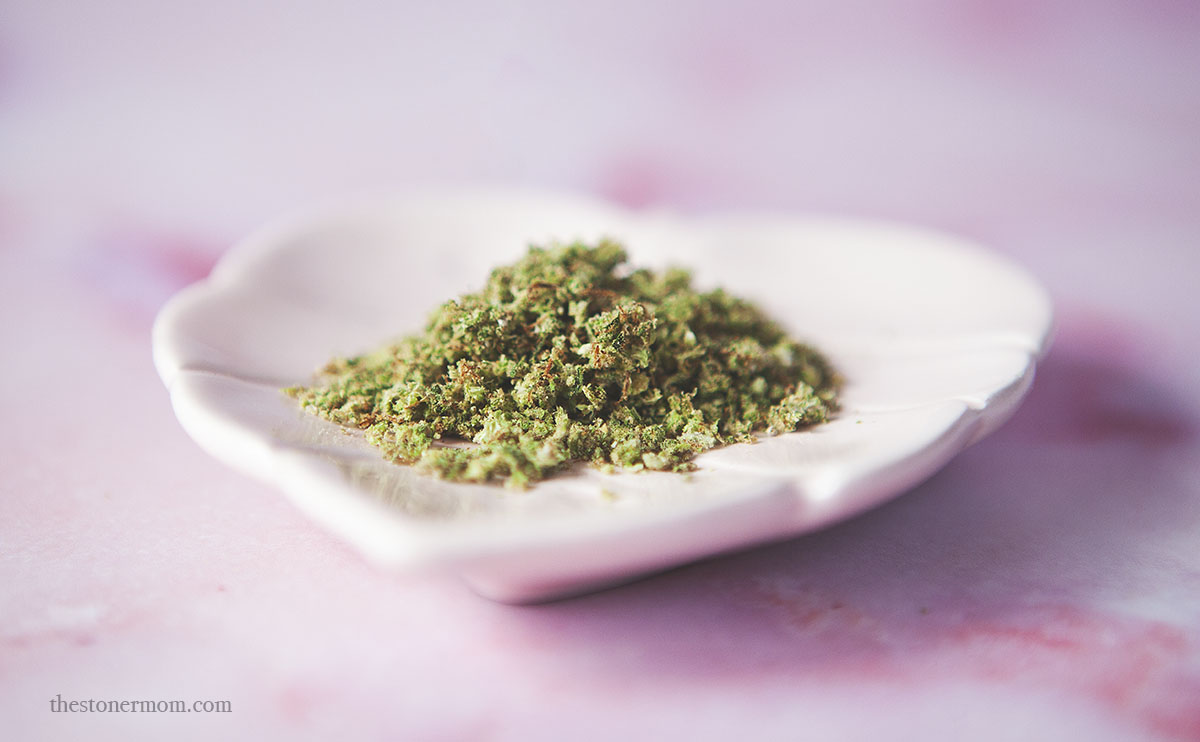
Finding the right path to health and safety can seem utterly overwhelming, if not downright impossible.Ĭannabis science has long been contentious. The system of how we care for each other and what we understand about the body is already so twisted by the demands of the market, by assumptions and traditions and wealth and race and power. Most diseases and injuries come not with a silver-bullet cure but a panoply of interventions and options: opportunities to weigh costs against benefits, side effects against incremental improvements, lifestyle changes against denial.

As far as modern medicine has come, there are still so many things we do not know and cannot fix. This intensely personal dispute feels like a heightened microcosm of our current moment, when established hierarchies are being upended and no one knows what to believe. Both have kept me updated on their respective sides of the squabble. It is not an exaggeration to say their inability to get along may have forever warped the public conversation around CHS, just as the disorder is becoming increasingly common in emergency rooms across the globe.Īs a journalist covering the insular marijuana industry, I’ve known both Moon and Russo for several years. There have been accusations of scamming and sabotage, social media trash-talking, and an incident in which hundreds of people backed out of a scientific study.
#Super mom strain how to
The influencer and the scientist have little in common-Moon never graduated from high school, and Russo doesn’t quite understand how to use Instagram-but still, I was surprised to see their conflict spin out with such vehemence. Moon and Russo have never met in person, but they have spent the past few years embroiled in a bitter online battle over Russo’s attempt to research CHS. This brought Russo to the UK-based GW Pharmaceuticals, where it was easier to do legal research, and to a position of authority that would ultimately put him on a collision course with Moon.

#Super mom strain trial
He began trying to organize a clinical trial around pot and migraines, but like many of the well-meaning folks who have tried to study the therapeutic effects of cannabis in human beings, he couldn’t get government approval in the United States. Grinspoon describes Russo as “a leader” in the field, with “broad knowledge of both disease and cannabis.”Ī balding and bespectacled 70-year-old, Russo first became interested in marijuana back in the 1990s, when he noticed the relief that many of his patients got from the drug. He’s been doing it for decades,” says Peter Grinspoon, a physician at Massachusetts General Hospital and an instructor at Harvard Medical School. “Ethan has more experience researching cannabinoids than almost anybody else. That paper’s author is Ethan Russo, a neurologist and psychopharmacologist. One 2007 paper published in the journal Chemistry and Biodiversity cites an ancient Egyptian papyrus advocating cannabis and honey “to cool the uterus and eliminate its heat” during childbirth Assyrian clay tablets suggesting weed “for or against panic” and certain translations of Exodus 30:23, in which cannabis may have been included in a recipe given to Moses by God for a holy anointing oil. Indeed, scientific investigations into cannabis often reference types of historical documents seldom mentioned in other fields. The studies the American government does help fund and approve are much more likely to support the argument that pot is bad for you, distorting the available evidence and fomenting doubt, confusion, and conspiracy theories.Īs a result, much of what most people know about marijuana and its effects on the body and brain, positive or negative, amounts to little more than folklore. Despite its widespread use, there is little peer-reviewed clinical research involving weed. Everyone seems to have an agenda, or a product to sell.

When it comes to cannabis science, it can be hard to know who to trust.

After decades of seeing the federal government vilify marijuana and ignore evidence of the drug’s medical potential, many stoners trust their own observations over institutional science and are reflexively resistant to the idea that weed could cause any harm. That skepticism was the default view in pothead circles.


 0 kommentar(er)
0 kommentar(er)
